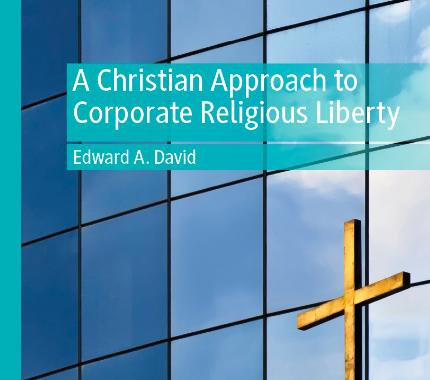“Church Autonomy and the corpus mysticum Tradition” by Edward A. David
Photo by Skull Kat on Unsplash. This article is part of our “Religious Corporations and the Law” series.If you’d like to check out other articles in this series, click here. Churches can be forgiven for describing themselves, like any other civil society organization, as “voluntary.” This Lockean portrayal, after all, dominates the American political imagination.…




